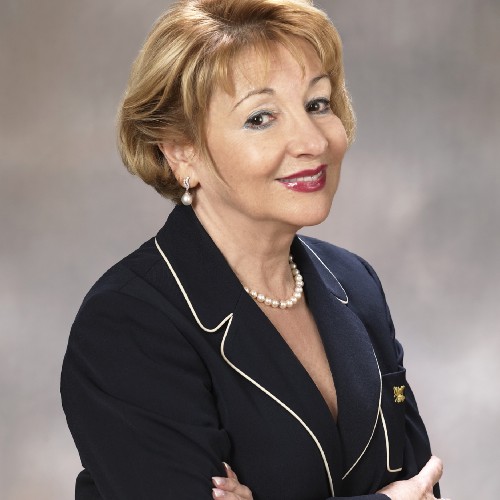Many Men, Many Minds
It is amazing how much have been written about reading before sleeping: every aspect of recommended titles seems to be covered. Reading can certainly reduce stress, help unplugging with a good physical book that gives us a better night’s sleep.
authors write about positive effects of before-bed reading—and nearly none
about negative. Therefore, I’d like to fill in the gap in the discussion.
Relaxing Reads
In my experience, there are three major kinds:
1. Rereading old favorites is excellent for relaxation. Some of mine are The Sun Also Rises by Ernest Hemingway and Persuasion by Jane Austen.
2. Reading the worldwide news presented by The Economist: balanced and well-researched, it guarantees I know what’s going on, and this relaxes me.
3. Reading poetry is a win-win: beautiful images paint my dreams vivid and colorful.
“We lost our spark
Somewhere in all the haste
How sad when you can tell yourself
This love was all a waste.”
I could see myself in her, feeling trapped and “cold inside,” seeking self-expression… Elizabeth’s self-expression goes in sync with her family heritage: her grandfather was a famous artist and her mother – a well-known concert pianist. I kept reading and thinking of the good genes this young woman was fortunate to inherit: those of talent, competitiveness, perseverance, and continuous self-perfection. Poetry is a good read for sure!
Proven to Stimulate Thinking
You might think that thrillers are disturbing your sleep – but they are not, or not mine: those events are detached from you and me, so they don’t make us hyper. For instance, I attended the panel of James Patterson and Bill Clinton who were promoting their new book The President Is Missing – a true page-turner that let me sleep well too. The books that really stimulated thinking and kept me up at night countless times are those I take personally: they are about my former country, the Soviet Union (now Russia and Ukraine), written by Russian or American journalists. Why? Because I recognize the settings, I commiserate with people, I know how horrible it is to feel stuck there.
Thus, I could not sleep after The Russians by Hedrick Smith; Putin’s Russia, by Anna Politkovskaya; and Dancing On Thin Ice by Arkady Polishchuk.

The latter book (see its cover above) is released in July 3, 2018, so I read the galley copy before interviewing the author, an exiled Russian journalist and human rights advocate. In this memoir, abounding with sardonic wit, we hear from a rules-abiding young journalist of Jewish descent – how he became an outstanding dissenter and dedicated civil rights fighter. The depressing surroundings of Polishchuk’s life might be hard to believe for a Western person—but it is re-counted with such journalistic vision and style that reading the book is both enlightening and entertaining.
First standing up for more freedom of speech, Polishchuk then stood up for the Jews as a forever-persecuted minority; then, the logic of siding with the society’s underdogs led him to working on behalf of the persecuted Christians in 1970s Soviet Russia. It was a critical time in history, when thousands of people in the former USSR had been denied emigration and tried to draw international attention, while suffering human rights abuses, staged show trials, forced labor, and constant KGB surveillance.
From 1950-1973, Polishchuk worked as a journalist for various outlets of Russian state-run media. After landing a prominent job at “Asia and Africa Today”, he discovered that all its foreign correspondents were KGB operatives who used their cover journalistic jobs to meddle in international affairs. This was a state secret, and, as we are now aware of, today’s Russia continues its tradition to meddle in international affairs. This never-really-forgotten reality came up back to me—and I lost my sleep. But for the readers who don’t take it personally this book is safe to read, of course.
Final Thought
Books have done immeasurable good for humanity every since the printing press has been invented in 1440. Let’s continue using them for our own health and social benefits.


